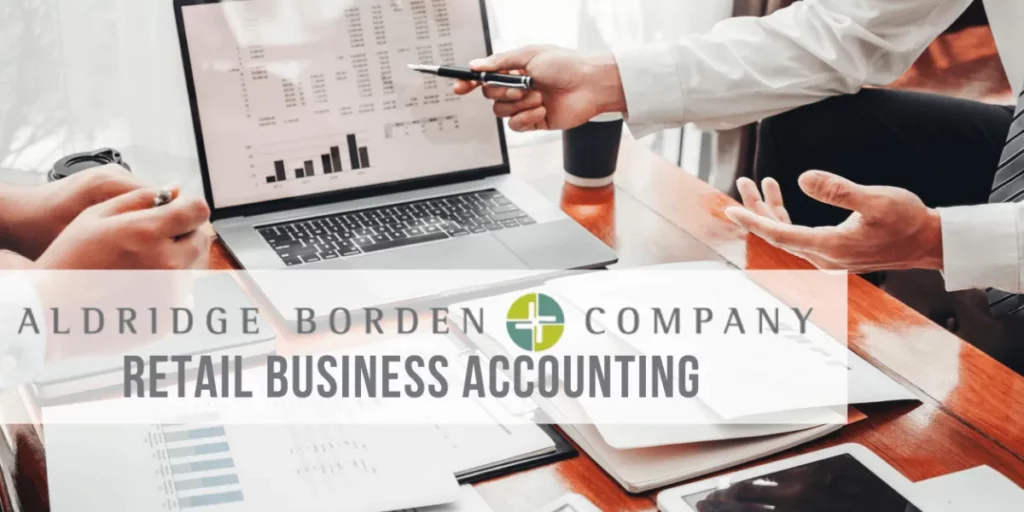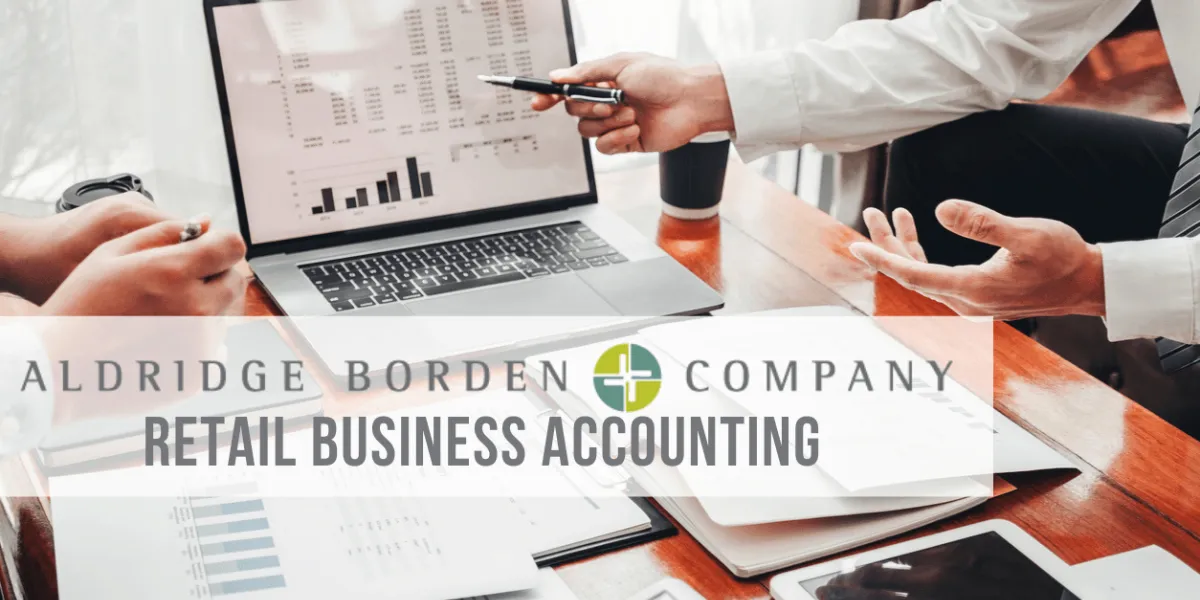Accounting for Retail Business: Ensuring Financial Success and Compliance
Accounting plays a vital role in the success and sustainability of any retail business. Effective financial management, proper record-keeping, and adherence to accounting standards are crucial for making informed business decisions, managing cash flow, and fulfilling legal obligations. In this article, we will explore the key aspects of accounting for retail businesses and highlight the best practices that can drive financial success and ensure compliance.
The Importance of Retail Accounting
Understanding Financial Health
Accurate accounting provides insights into the financial health of a retail business, allowing owners and managers to assess profitability, monitor expenses, and identify areas for improvement.
Cash Flow Management
Retail businesses heavily rely on cash flow management to meet daily operational needs, pay suppliers, and invest in growth opportunities. Effective accounting practices help monitor cash flow, manage inventory, and maintain a healthy financial position.
Decision-Making Support
Accurate financial records provide the necessary information for making informed decisions, such as pricing strategies, expansion plans, and inventory management. Accounting data is a foundation for forecasting and budgeting, enabling strategic planning and risk mitigation.
Key Accounting Principles for Retail Businesses
Accrual Accounting
Retail businesses should adopt accrual accounting to record revenue and expenses earned or incurred, regardless of when cash transactions occur. Accrual accounting provides a more accurate financial performance representation and facilitates better decision-making.
Inventory Management
Effective inventory management is essential for retail businesses. Employing a reliable inventory accounting method, such as the First-In-First-Out (FIFO) or Weighted Average Cost (WAC) method, ensures accurate valuation and reporting of inventory levels, cost of goods sold (COGS), and gross profit margins.

Sales Tax Compliance
Retail businesses must navigate complex sales tax regulations. Maintaining accurate records of sales and tax collections, understanding tax rates, and timely remittance of taxes is crucial to ensure compliance and avoid penalties.
Retail-Specific Accounting Processes
Point of Sale (POS) Integration
Integrating the POS system with accounting software streamlines data entry, reduces errors, and facilitates real-time financial reporting. Accounting For Retail Business It enables automatic sales, inventory updates, and customer information recording, providing a seamless flow of data into the accounting system.
Cash Handling and Reconciliation
Retail businesses often deal with cash transactions. Implementing robust cash handling procedures, including daily reconciliations, ensures transparency, minimizes theft risks, and provides accurate cash balance records.
Sales and Returns Tracking
Retail businesses need to track sales and returns accurately. Developing a system to record sales, process returns, and monitor inventory adjustments helps maintain accurate revenue records and prevents discrepancies in financial reporting.
Financial Reporting and Analysis
Income Statements
Regular preparation of income statements, also known as profit and loss (P&L), provides an overview of revenue, costs, and profitability. Analyzing these statements allows retail businesses to identify trends, evaluate product performance, and make informed pricing decisions.
Balance Sheets
Balance sheets provide a snapshot of a retail business’s financial position at a specific time. Analyzing balance sheets helps assess liquidity, leverage, and overall financial stability, aiding financial decision-making and attracting potential investors or lenders.
Cash Flow Statements
Cash flow statements track the cash movement into and out of a retail business. It highlights operational, investing, and financing activities, allowing businesses to evaluate their ability to generate cash and meet financial obligations.
Accounting is a critical function for retail businesses, supporting financial success, decision-making, and compliance. By implementing sound accounting practices, retail owners and managers can gain valuable insights into their financial health, effectively manage cash flow, and ensure adherence to regulatory requirements. Ultimately, a robust accounting system contributes to a retail business’s long-term growth and profitability.



